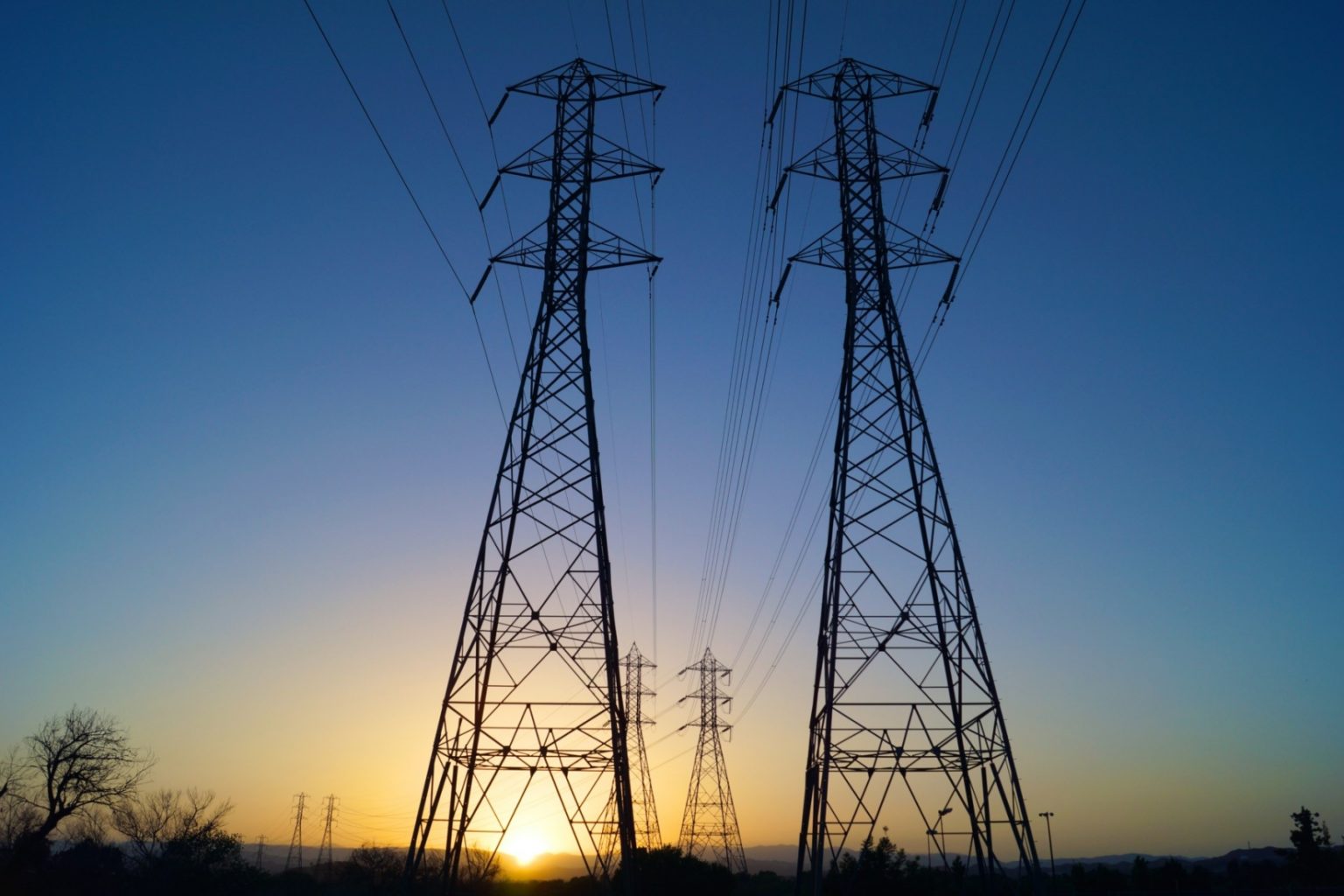Electricity will be the most efficient form of energy in the future, powering everything from food production to transportation and replacing traditional sources, said experts speaking on Thursday at the Economist’s Energy Summit in London.
Irrespective of the appointment of Donald Trump as president-elect — a fierce climate denier — the panel was optimistic that long-term economic growth and market demand would necessitate a supply of energy with a smaller carbon footprint.
Dr Lawrence Jones, Vice President of International Programmes at Edison Electric Institute, called electricity the “fuel of the future”, stating that its evolution would likely be a mix of centralised and decentralised systems.
Although currently we are working off grids designed a century ago, when the electrical needs of citizens were simple, the future of “smart grids” – where a two-way dialogue of electricity and information can be exchanged between the utility and its source, using computers and automation – will make the electrical grid more efficient, plentiful and green, while minimizing the cost of electric energy to consumers.
Massoud Amin, director of the Technological Leadership Institute at the University of Minnesota, and considered the father of the smart grid, concluded that in the last 5 years, every dollar that had been invested in the smart grid has delivered a $2.5-6 return. And environmental power outages that cost the U.S economy over $80 billion a year, and are only getting worse because of climate change, could be reduced by $49 million by using a smart grid.
Panellists however did not touch on the question of whether the energy sources generating electricity need to be low-carbon or renewable. Michael Hsueh from Deutsche Bank instead alluded that investments in fossil fuels would continue growing for the next five years.
Earlier this year, however, Bloomberg New Energy Finance estimated that although up to $2.1 trillion will be invested in oil and coal until 2040, this figure would be dwarfed by the $7.8 trillion invested in renewables, including $3.4 trillion for solar, $3.1 trillion for wind, and $911 billion for hydro power.
Currently the UK has the 5th highest renewable capacity in Europe, leapfrogging Switzerland and Sweden. In 2015, almost 25 percent of British electricity came from renewable sources, with 29.5 percent from gas and 20.8 percent from nuclear. Electrical generation from coal in 2015 totaled 22.6 percent, according to the former Department of Energy and Climate Change.
The panel also spoke about a multi-commodity utility sector in the future where electricity would not be the commodity itself, but part of the enabling of services; selling light, transportation, refrigeration. When challenged by an audience member about electricity bills increasing by a few hundred percent, when electrical cars go mainstream, Jones gave the analogy of the iPhone.
“I’m going to get the consumer excited the same way as the iPhone did. Electricity is a service; you make the service attractive. You charge the consumer on transportation, not necessarily electricity.
“One of the challenges we have in the industry is that we always have to struggle with consumers when the price of electricity goes up. Your iPhone bill is about 5 times your electricity bill, but you don’t complain about that. The polarization of electricity, makes the value of it really hard to be appreciated by the consumer. Because we’re constantly told to keep electricity reliable, fast and affordable, but nobody tells you to keep iPhone bills low. Don’t sell electricity sell the service of transportation, people will pay for that,” he said.
The experts added that even if Trump reversed the current climate policy of the U.S, it would have “little effect” on global energy patterns, as environmental concern, once only on the minds of a small number of people, has become a global movement and is seen as a good investment opportunity for business.
According to data by IRENA, a UN-backed clean energy agency, global renewable energy capacity grew by 8.3 percent last year, as countries added 152GW of renewable capacity. This analysis follows another UN-backed report stating that renewable energy sources added more generation capacity than all other technologies combined in 2015, and a world record of £286bn was invested in renewables across the globe.
Jones also asserted that what the movements of Brexit and Donald Trump really boiled down to, were jobs. And the very sector that could create those jobs was clean energy.
“Where in the world is the greatest energy demand at the moment? It’s not Europe. It’s China and India, that’s where investors are looking and if we’re not careful that’s where green energy jobs will be created,” said Jones.
“The policy of hunter gatherers – drill the hole, exhaust the resources, move on to the next hole – is not sustainable,” the University of Minnesota’s Amin told DeSmog UK. “Regardless of who is in office we need to think about how we grow our economy. Electrification is the foundational element for everything else. Telecoms, banking, finance, it’s the most critical infrastructure. So the question is how far can we go with that?”
Photo: Public Domain
Subscribe to our newsletter
Stay up to date with DeSmog news and alerts







